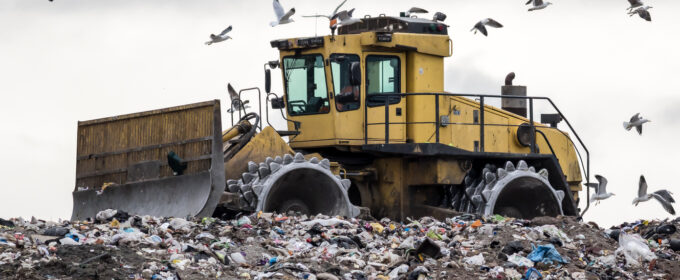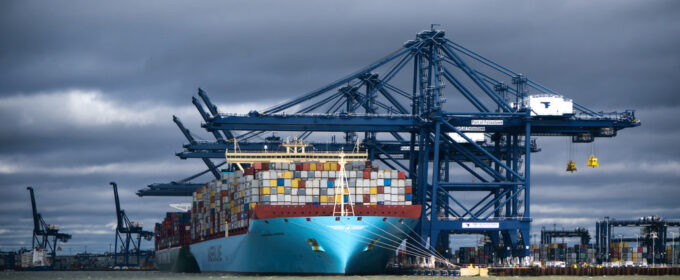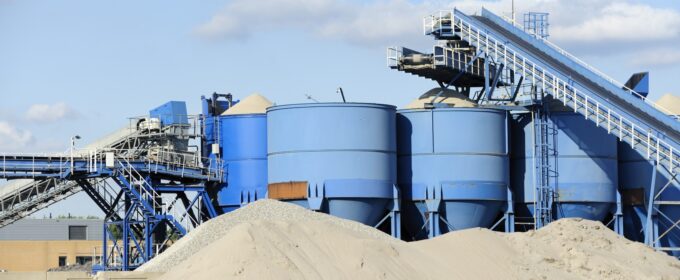As the UK pursues its net zero goals by 2050, the transition toward a circular economy shapes practices of how resources are consumed – and how waste and resources are perceived. In this article, Pawan Srikanth and Dr Daniel Welch explore how legacy landfill sites across the UK offer pathways for the UK’s net zero […]









